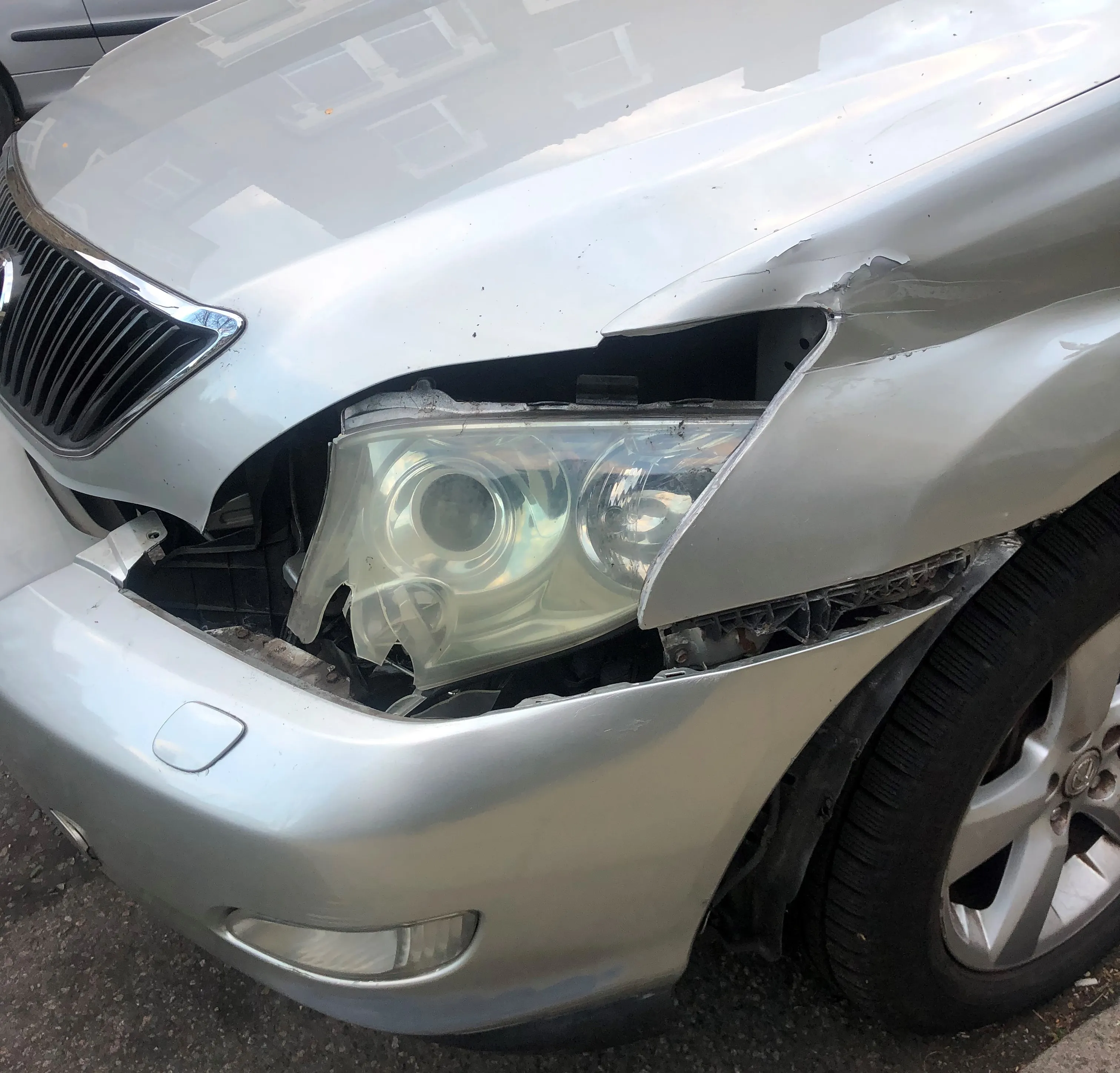A new study carried out by the UK’s Transport Research Laboratory (TRL) highlights the increased risks resulting from drivers using smartphones while at the wheel. Previous research shows that using a mobile phone while driving impairs driving performance. But with smartphones now becoming more common, an increasing number of drivers are able to engage in a broad range of activities using their phone while at the wheel. The TRL’s study investigated whether there was an effect of social networking using a sm
April 13, 2012
Read time: 2 mins
RSSA new study carried out by the UK’s Transport Research Laboratory (777 TRL) highlights the increased risks resulting from drivers using smartphones while at the wheel. Previous research shows that using a mobile phone while driving impairs driving performance. But with smartphones now becoming more common, an increasing number of drivers are able to engage in a broad range of activities using their phone while at the wheel. The TRL’s study investigated whether there was an effect of social networking using a smartphone on driving performance. The study examined the performance of 28 young male and female participants who drove a driving simulator through the same test scenario twice: once while using a smartphone to interact with a social networking site, and once without this distraction. The results of the experiment clearly show that participants’ driving performance was impaired by the concurrent smartphone task, and the smartphone task was also affected by driving. Data shows that increasing numbers of drivers now use smartphones while at the wheel, not just for conversations but also for texting or emailing and using the Internet for example. The study shows the potential risks involved for all road users.







